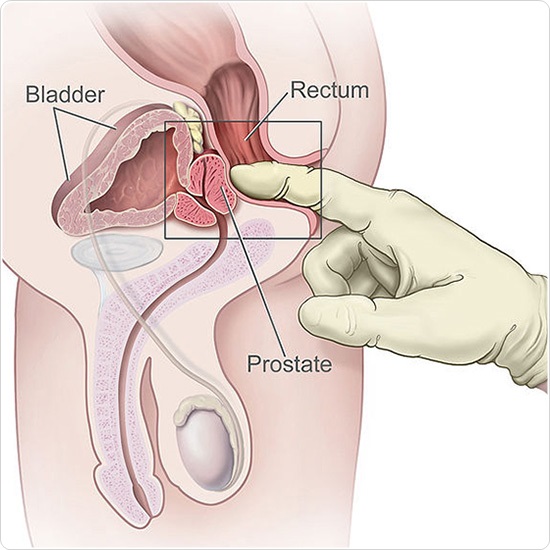Managing Prostate Cancer: A Comprehensive Guide
Managing Prostate Cancer: A Comprehensive Guide
Introduction
Welcome to our comprehensive guide on managing prostate cancer. At benprimenews.blogspot.com, we understand the challenges and concerns individuals face when dealing with prostate cancer. Our goal is to provide you with valuable information and guidance to help you navigate through this journey with confidence and make informed decisions about your health. In this article, we will cover various aspects of prostate cancer, including its causes, symptoms, diagnosis, treatment options, and tips for maintaining overall well-being. Let's delve into the details.
Understanding Prostate Cancer
Prostate cancer is a type of cancer that develops in the prostate gland, a small walnut-shaped gland located below the bladder in men. It is one of the most common forms of cancer affecting men worldwide. While the exact cause of prostate cancer remains unknown, certain risk factors such as age, family history, and ethnicity can increase the likelihood of developing this disease.
Detecting Prostate Cancer
Early detection of prostate cancer plays a crucial role in successful treatment outcomes. Regular screening and timely diagnosis are essential. Common methods used for detecting prostate cancer include:
- Prostate-Specific Antigen (PSA) Test: This blood test measures the level of PSA, a protein produced by the prostate gland. Elevated PSA levels may indicate the presence of prostate cancer or other prostate-related conditions.
- Digital Rectal Exam (DRE): In this examination, a healthcare professional manually examines the prostate gland through the rectum to check for any abnormalities.
If abnormalities or concerning results are found, further diagnostic tests such as prostate biopsy, imaging studies (e.g., MRI, ultrasound), or genetic testing may be recommended.
Treatment Options
The treatment of prostate cancer depends on various factors, including the stage of cancer, overall health, and personal preferences. Here are some common treatment options:
- Active Surveillance: For slow-growing or early-stage prostate cancer, closely monitoring the cancer's progression through regular check-ups may be a suitable approach, especially for older individuals.
- Surgery: Surgical procedures like radical prostatectomy involve the removal of the prostate gland. This treatment option is often recommended for localized prostate cancer.
- Radiation Therapy: High-energy rays are used to destroy cancer cells. It can be delivered externally (external beam radiation therapy) or internally (brachytherapy).
- Hormone Therapy: This approach involves medications or surgical procedures to reduce the levels of male hormones (androgens) in the body, as they can stimulate the growth of prostate cancer cells.
- Chemotherapy: Medications are administered to destroy cancer cells, especially in cases where cancer has spread beyond the prostate gland.
- Immunotherapy: This treatment option uses drugs to stimulate the body's immune system to target and destroy cancer cells.
The choice of treatment will depend on individual circumstances, and it is important to consult with a qualified healthcare professional to determine the most suitable approach.
Coping with Prostate Cancer
Being diagnosed with prostate cancer can be emotionally and physically challenging. Here are some tips to help you cope with the journey:
- Educate Yourself: Gain knowledge about prostate cancer, treatment options, and support resources available. Empower yourself with information to make informed decisions.
- Build a Support System: Surround yourself with a network of supportive family members, friends, or join support groups where you can connect with others going through a similar experience.
- Maintain a Healthy Lifestyle: Adopting a balanced diet, engaging in regular exercise, and managing stress can positively impact your overall well-being during and after treatment.
- Communicate with Your Healthcare Team: Openly discuss any concerns or questions with your healthcare providers. They are there to guide and support you throughout your treatment journey.
- Emotional Support: Consider seeking professional help from therapists or counselors who specialize in cancer-related support to address any emotional challenges you may face.
Remember, each person's experience with prostate cancer is unique, and it's important to find coping strategies that work best for you. Don't hesitate to reach out for support when needed.
Conclusion
In conclusion, managing prostate cancer requires a comprehensive understanding of the disease, early detection, and personalized treatment approaches. At benprimenews.blogspot.com, we strive to provide accurate and up-to-date information to empower individuals facing prostate cancer. By staying informed, seeking appropriate medical care, and adopting a holistic approach to well-being, you can take control of your health and live a fulfilling life. Remember, you are not alone in this journey, and there is support available to help you every step of the way.





No comments: